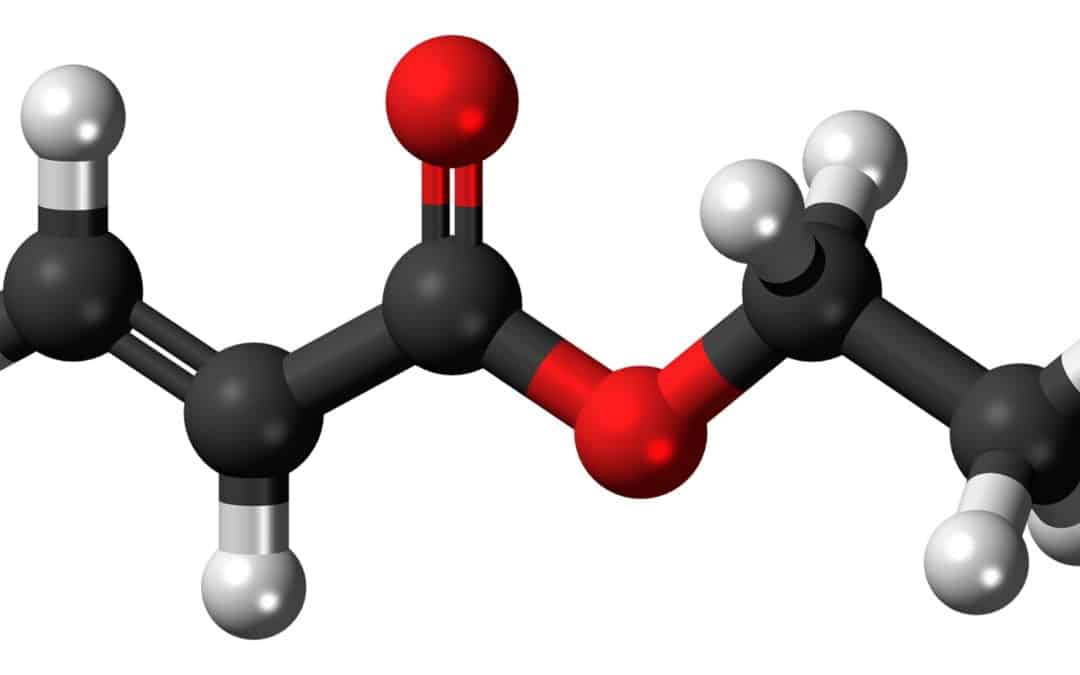
by Henry Zeller | Dec 7, 2019 | Did you know?
Did You Know About The 18° Rule? English Español Did you know, as a general rule, that increasing the temperature of a chemical reaction 18°F (10°C) effectively doubles the rate of that reaction. In more practical terms, if you are cleaning at 150° F and it takes an...

by Henry Zeller | Nov 6, 2019 | Chemicals, Did you know?
Did You Know – That Caustic Alone Is Not All That Effective A Cleaner? English Español Caustic is a powerful chemical that can be used to remove a variety of soils, especially fats and certain chemicals that are degraded by it. However, there are chemicals (such as...

by Henry Zeller | Jul 3, 2019 | Chemicals, Did you know?
The Easiest Way To Break An Emulsion English Español That's right. Don't form it in the first place. This is especially applicable to operators cleaning tanks that contained lube oils and lube oil additives, because, once an emulsion is formed, skimmers, separators,...

by Henry Zeller | Jan 4, 2013 | Chemicals, Did you know?
Did You Know That Acrylates Are “Easy-Cleans”? English Español Did you know that tanks that have been used to carry acrylic polymers and latexes are often cleaned with caustic and steam? Many acrylates are chemical compounds known as ESTERS. Esters are the...
by Henry Zeller | Nov 4, 2012 | Chemicals, Did you know?
¿Mejor en Español? ¿Sabía usted que los limpiadores de alta espumación realmente NO limpian mejor que los productos de baja espumación? El nivel de espuma producido por un limpiador está determinado por la elección de SURFACTANTES AGENTES ACTIVOS superficiales...
by Henry Zeller | Oct 30, 2012 | Chemicals, Did you know?
¿Mejor en Español? ¿Sabía usted que le acero inoxidable puede corroerse? Los aceros inoxidables son primariamente aleaciones de hierro y cromo, Cuando se tratan apropiadamente, el hierro de la capa superficial es removido, y el cromo restante se convierte en óxido de...






Recent Comments